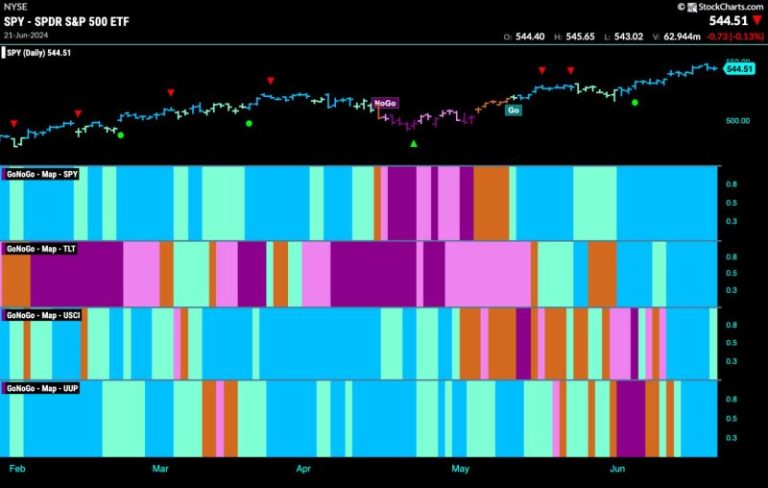In today’s fast-paced world, technology continues to serve as a driving force behind market trends and shifts. The evolution and constant innovation in technology have a profound impact on various industries, influencing consumer behavior, market dynamics, and economic growth. As we delve into the intricate relationship between technology and markets, it becomes evident that the former often acts as a catalyst, sparking changes and opportunities that ripple through the latter.
One of the key ways in which technology influences markets is through disruption. Disruptive technologies introduce new products, services, and business models that challenge existing norms and shake up traditional market structures. These disruptions can lead to a redistribution of market share, as companies that fail to adapt quickly are left behind while agile and innovative enterprises thrive. Examples of disruptive technologies include artificial intelligence, blockchain, and the Internet of Things, all of which have reshaped industries and redefined market landscapes.
Moreover, technology enhances market efficiency by facilitating faster and more accurate information dissemination, enabling market participants to make well-informed decisions. Through advanced analytics, big data, and machine learning algorithms, market players can gain deeper insights into consumer preferences, anticipate trends, and optimize their strategies. This data-driven approach not only improves operational efficiency but also enhances market transparency and liquidity, fostering a more competitive and dynamic trading environment.
In addition to disruption and efficiency, technology also plays a crucial role in driving market expansion and globalization. The digital revolution has transcended geographical boundaries, connecting businesses and consumers across the globe in real-time. E-commerce platforms, digital payment systems, and cloud computing have enabled companies to reach new markets, expand their customer base, and scale their operations rapidly. This interconnectedness and accessibility have opened up opportunities for international trade, cross-border investments, and global collaborations, contributing to the growth of both domestic and international markets.
Furthermore, the advent of cutting-edge technologies such as virtual reality, augmented reality, and 5G networks is poised to revolutionize consumer experiences and reshape market dynamics. These immersive and high-speed technologies have the potential to transform industries such as gaming, healthcare, retail, and entertainment, offering new avenues for market differentiation and value creation. Companies that embrace these emerging technologies and leverage them to enhance customer engagement and product offerings stand to gain a competitive edge in the market.
In conclusion, technology serves as a powerful catalyst for market evolution, driving disruption, efficiency, expansion, and innovation. As industries continue to embrace digital transformation and adopt advanced technologies, the boundaries between technology and markets blur, creating a symbiotic relationship that fuels growth and progress. It is imperative for businesses to stay agile, adaptable, and forward-thinking in the face of technological advancements to capitalize on emerging opportunities and navigate the dynamic landscape of modern markets.



